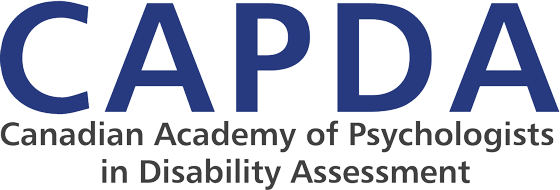The Statistics of Validity Testing: Cut-off Scores and Evaluation of the 2020 Sherman, Slick, and Iverson Criteria
October 30, 2020, 1:00 - 4:00 PM
At the end of the webinar, participants will be able to:
- Explain the relationship between forced choice performance validity measures (E.g. Test of Memory Malingering; Word Memory Test; Victoria Symptom Validity Test) and the binomial distribution
- Make practical use of an internet based binominal calculator to calculate probability values for scores on forced choice performance validity measures. Review what is meant by `below chance’ responding from a statistical perspective. Discuss the significance of `below chance’ scores and their interpretation
- Explain the concepts and formulas for sensitivity, specificity, and positive predictive values, and their relationship to cut-off scores.
- State the four criteria specified by Sherman, Slick, and Iverson for identifying issues of validity and inconsistencies in a neuropsychological and psychological examination. (Based on update of 20 years of research. Article published in Archives of Clinical Neuropsychology, March 2020, pages 1-30).
- Explain the methodology of a known group design for determining cut-off scores.
- Understand the strengths and limitations of a recently published meta analysis of the TOMM (two decades of research on TOMM: The Clinical Neuropsychologist, July 2019.). Explain why a cut off score is always related to both sensitivity and specificity.
- Discuss the reasons for choosing a particular cut off score in terms of false positives and false negatives.
- Identify the strengths and limitations of validity testing.
- Feel more confident in defending clinical opinions based on validity testing.
ABOUT THE PRESENTER

Jonathan Evan Siegel earned his Bachelor’s degree in physiological psychology from McGill University in 1978. He earned his Master’s degree in counselling psychology (1982) and Doctorate in counselling psychology (1986) from the University of Toronto. Jonathan’s primary practice is conducting psychological assessments for individuals involved in car accidents. He also provides assessment and consultations to individuals who have problems with alcohol and drug addiction. His practice has expanded to providing program evaluation, using both descriptive and inferential statistics to measure the effectiveness of treatment programs

